Indian PM calls deadly Delhi blast 'conspiracy'
The blast killed at least eight people, and 19 others were injured when flames ripped through several vehicles.
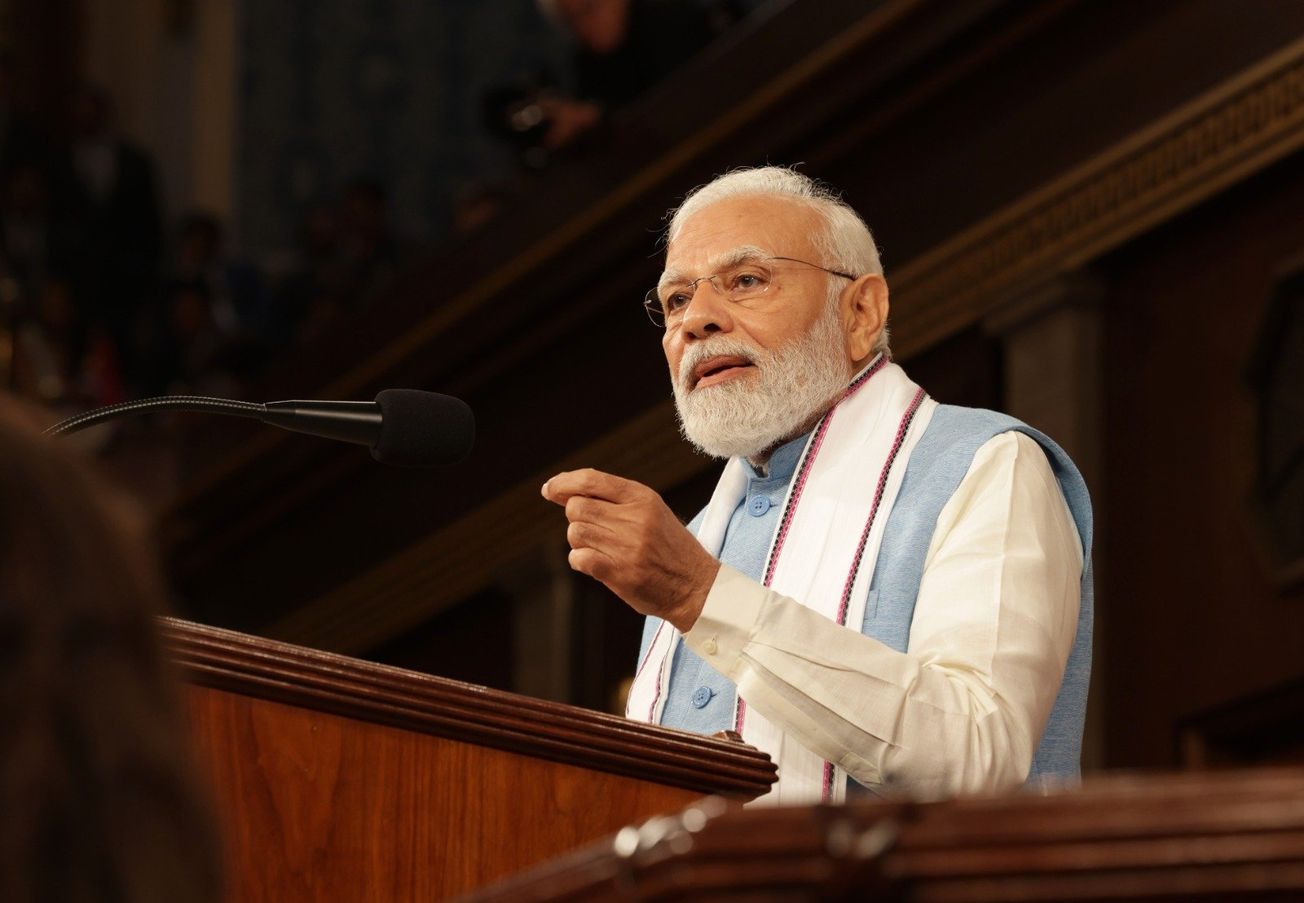 India's Prime Minister, Narendra Modi / Images : Narendra Modi
India's Prime Minister, Narendra Modi / Images : Narendra Modi
Indian Prime Minister Narendra Modi on Nov. 11 called a deadly car explosion in the heart of the capital a "conspiracy," vowing those responsible will face justice.
Police are yet to give exact details of what caused Nov. 10's incident near the historic Red Fort, one of India's most well-known landmarks and the site of the prime minister's annual Independence Day speech.
The blast killed at least eight people, and 19 others were injured when flames ripped through several vehicles.
Also Read: Eight killed in car explosion near Red Fort in India's Delhi
It was the first significant security incident since a shooting attack in late April that left 26 mainly Hindu civilians dead at the tourist site of Pahalgam in Indian-administered Kashmir, triggering clashes with Pakistan.
"I assure everyone that the agencies will get to the bottom of the entire conspiracy," Modi said, in a speech during a state visit to neighboring Bhutan, without giving further details. "All those involved will be brought to justice."
Indian authorities have stopped short of calling the blast an attack, saying they were awaiting forensic analysis.
But on Nov. 11, the Home Affairs Ministry said that India's anti-terrorism force, the National Investigation Agency, is leading the probe.
The explosion on Nov. 10 came hours after Indian police said they had arrested a gang and seized explosive materials and assault rifles.
Police said the men were linked with Jaish-e-Mohammed, a Pakistan-based Islamist group, and Ansar Ghazwat-ul-Hind, a Kashmir offshoot of jihadist group Al-Qaeda.
Both groups are listed as terrorist organizations in India.
Home Minister Amit Shah, after chairing security talks following the blast, said he had instructed officials "to hunt down each and every culprit behind this incident," he said in a statement.
"Everyone involved in this act will face the full wrath of our agencies," he added.
'People were burning'
New Delhi's deputy chief fire officer, AK Malik, told AFP shortly after the explosion that eight people had been killed.
The Press Trust of India news agency reported on Nov. 11 that the death toll had risen to 12, although that figure has not been confirmed.
Witnesses described to AFP how the car exploded in traffic and how people caught up in the surge of flames were set on fire.
"People were on fire, and we tried to save them... Cars and people were burning—people inside the cars were burning," said Dharmindra Dhaga, 27.
"I was telling the public to save them, rescue them, and get them out. The public was busy making videos and taking photos."
The emergency ward at Delhi's LNJP hospital was chaotic after the explosion as wounded people streamed in and doctors rushed to treat them.
In the attack in April in Pahalgam, Indian authorities were swift to accuse Pakistan of backing the gunmen, a claim denied by Islamabad.
That attack sparked clashes between the nuclear-armed arch rivals in May, when more than 70 people were killed in missile, drone, and artillery exchanges before a ceasefire was struck.
On Nov. 11, after a suicide bomber in Islamabad killed at least 12 people, Pakistan's Prime Minister Shehbaz Sharif blamed "terrorist proxies backed by India."
He did not provide any evidence, and there was no immediate response from New Delhi.
ADVERTISEMENT
ADVERTISEMENT
E Paper
Video



 AFP
AFP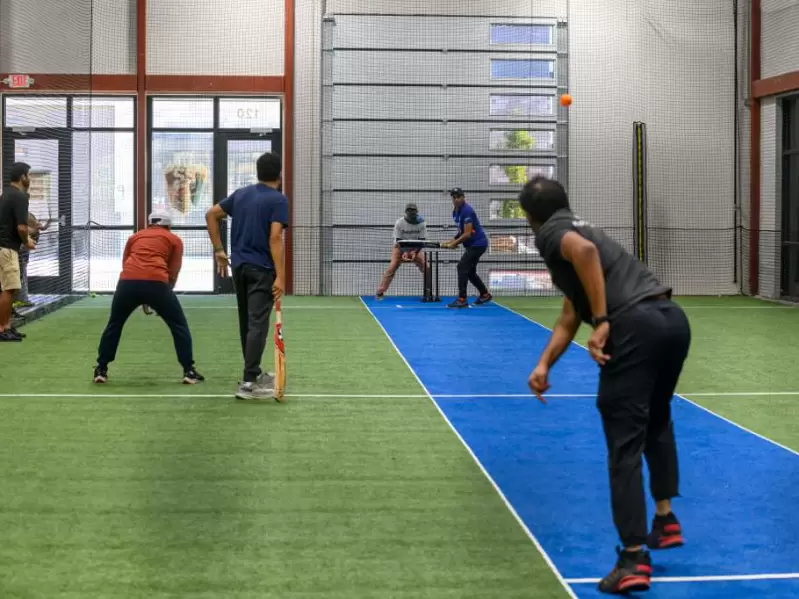

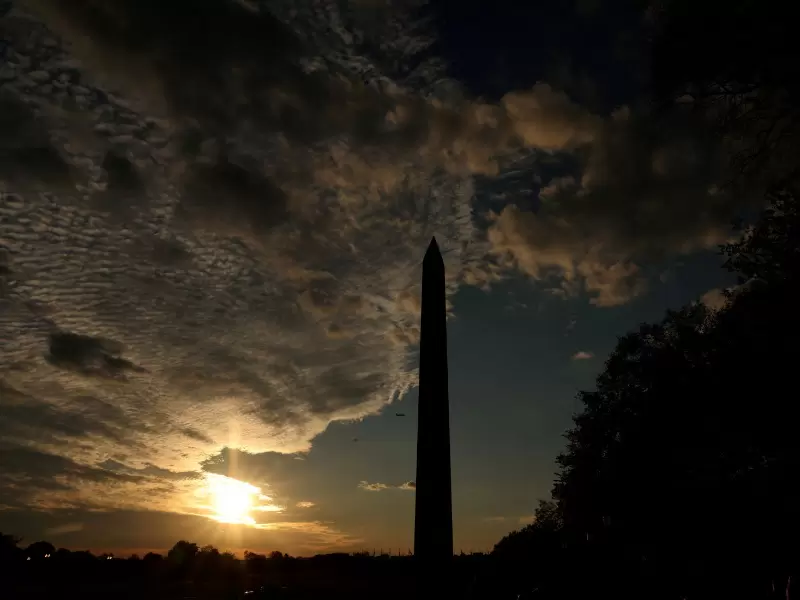
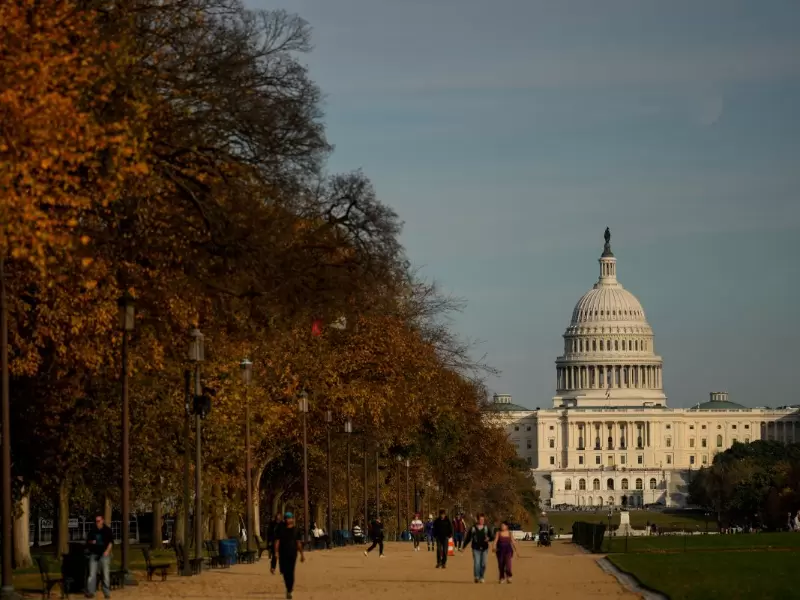
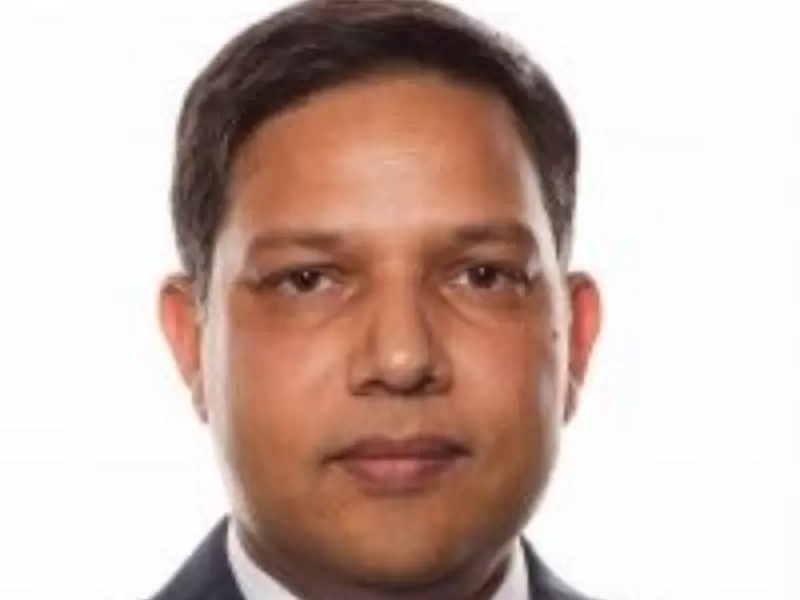
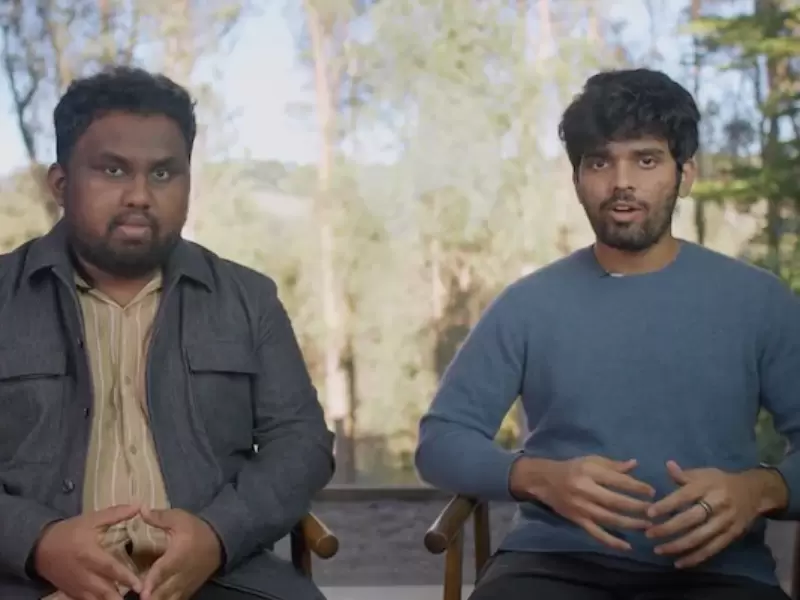

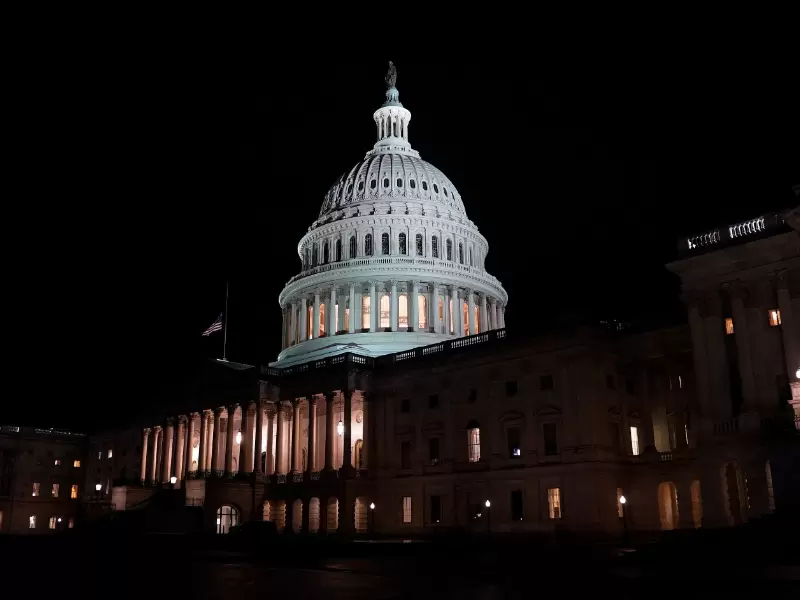
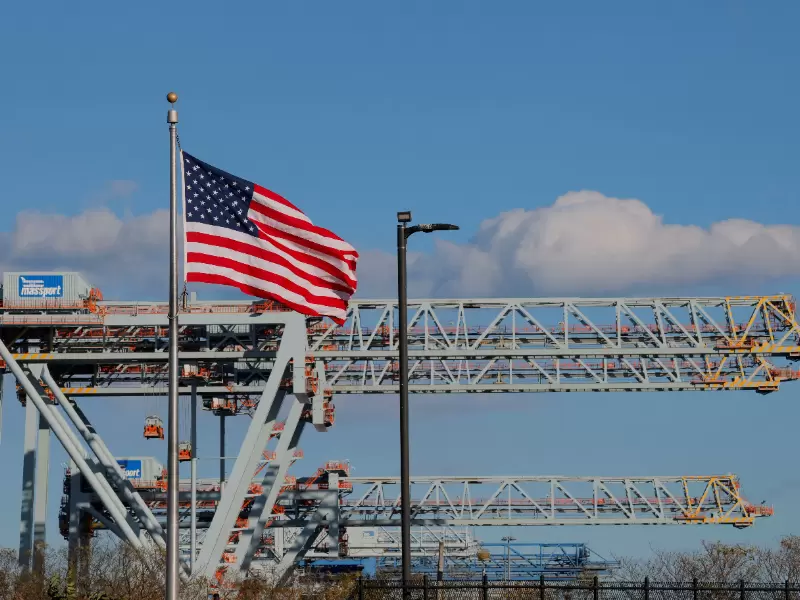
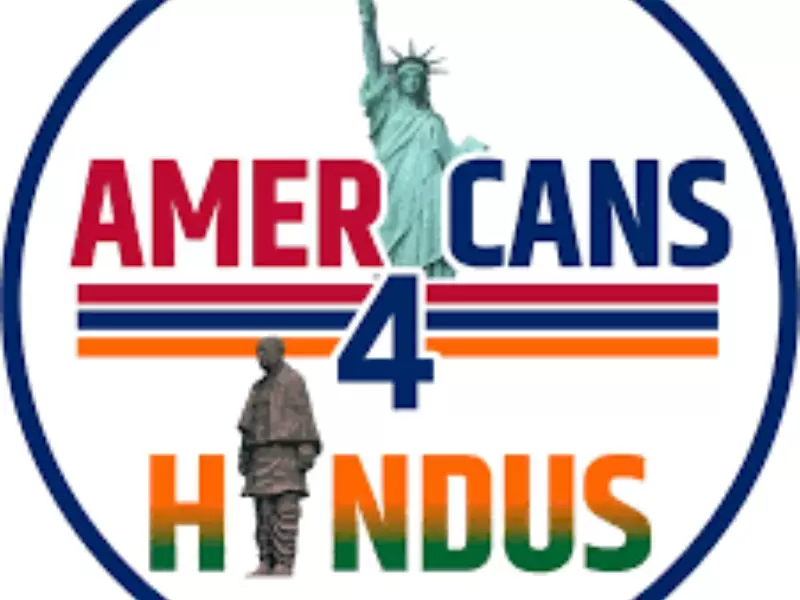
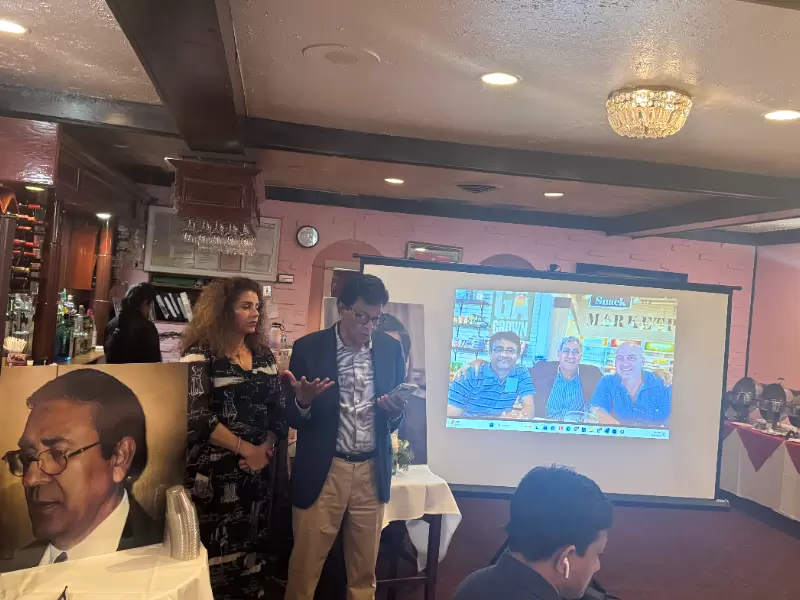

Comments
Start the conversation
Become a member of New India Abroad to start commenting.
Sign Up Now
Already have an account? Login